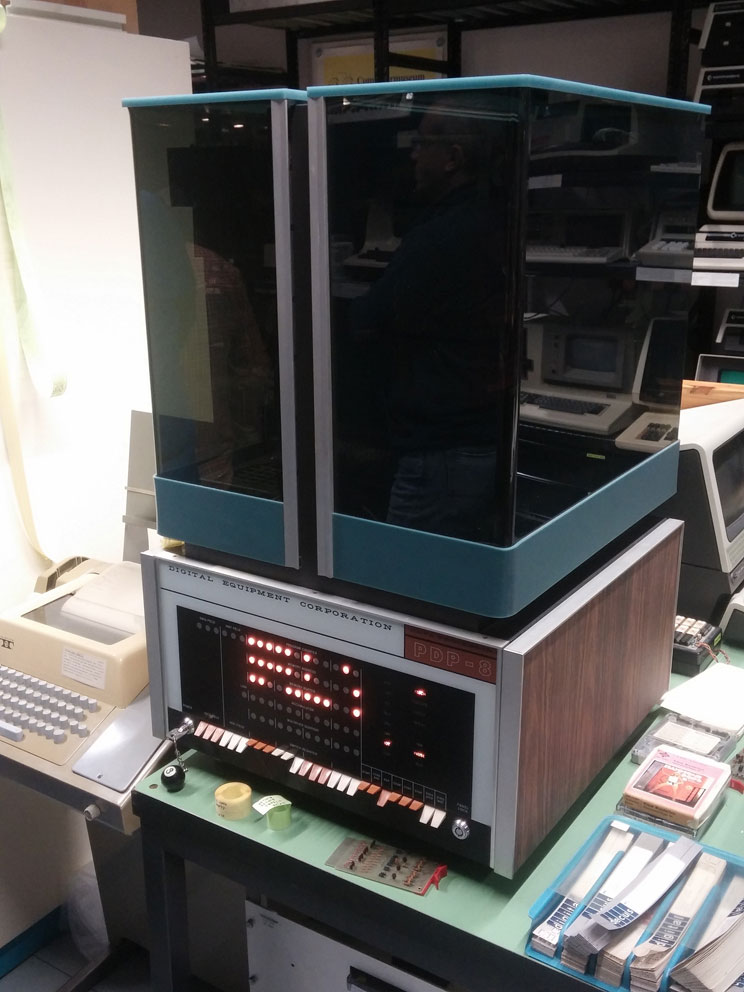
I am writing from my office at IESE. It is located on the same floor as the office I had here at the school in 1973 after returning from earning my doctorate at Harvard. The two offices are very similar, but it’s now 2015. So I wonder: What has changed in all these years? What aspects will shape the future of our society and business management? Without even leaving my office, which bears such a resemblance to the one I had in 1973, I can offer up some ideas that, in my opinion, no executive should forget.
On my desk is a personal computer. It has a thin screen and a simple but complete keyboard. In 1973, Digital Equipment had invented the desktop computer, but if you actually put it on your desktop, the whole thing could collapse under the weight of it—and you certainly couldn’t fit anything else on there. But that “contraption” was not hooked up to the Internet, because the Internet didn’t exist yet.
Fast-forwarding to the present, the Internet comes beaming through my smartphone and I am constantly connected to everyone. Back then there were no mobile phones, let alone smartphones.
I look to my left. I’m polishing up a number of details for a joint program by IESE, Harvard Business School and CEIBS (China Europe International Business School), at the forefront of the world’s business schools with campuses in Beijing, Shanghai, Shenzhen, Accra (Ghana) and Zurich. How is it possible that all of this came out of China? The country had no presence in the business world in 1973! And in the next few years will see a major international expansion, already being driven by Chinese entrepreneurs.
The office walls have the same shelves and I still see some books here from the ’70s. The last one I received is called “Expectativas en la Era de la Escasez,” (Expectations in the Era of Scarcity) by my brother, José Luis Nueno. How realistic. What a combination of things that haven’t changed, which would have been perfectly logical to me in 1973, and things that today are supernormal and at that time would have seemed miraculous!
Preparing for the future

Naturally, in 1973 it was hard to imagine that 40 years later China and the digital revolution, to name just two, would be so important for business world. But if we were in the pharmaceutical industry, we would be concerned about the impact of biotechnology; if we were in the metallurgy industry, it would be the new lightweight materials; if we owned a chain of stores, it would be the progress of e-commerce; and so on.
So, how do you prepare for this? How does a CEO tackle these worrisome challenges? With realism, first and foremost, let’s not kid ourselves; with experimentation and entrepreneurship; with the right people and the necessary training. And, dare I say: with some level of diversification; we mustn’t put all of our eggs in one basket.

Aging
There is another underlying factor, something crucial that we are kidding ourselves about, particularly in Europe: the aging of the population. Life expectancy is increasing quickly due to improvements in quality of life and advancements in medicine. Coupling that with the current retirement ages in most countries, the problem becomes the huge price tag on pension and healthcare costs. The funds simply are not there. But politicians prefer not to recognize it and just push the problem into the future.
The only solution to this problem is a combination of things: increasing the retirement age as much as possible (with the challenges that entails: older people adapting to a rapid process of technological change?), promoting the practice of saving, a good calculation of pension plans, private insurance and the cost of healthcare, estimating the part to be paid by the state and how it will get the funding, and the part that citizens will have to cover.
It is an urgent matter and we can’t sit around thinking that whoever comes next will take care of it.



I agree with the article and the comment above.